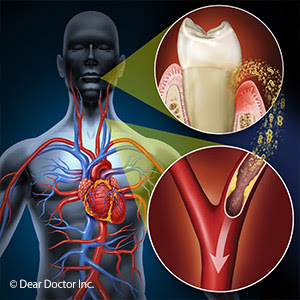Putting off your dental visit to Brush Dental because of fear or anxiety only increases the potential for tooth decay or gum problems. At our office, Dr. Jeff Knudson and our team offer solutions that allow you to relax, without any pain, so you can keep your mouth healthy. Our solutions can help with many different anxiety issues for both adults and children.
Help with minor anxiety
Nitrous oxide is an excellent choice for most patients. Sometimes referred to as laughing gas, nitrous oxide can be regulated to provide you with the amount of sedation you need. When used before a local anesthetic, the injection will not be uncomfortable and you should not notice any pain during your procedure.
If you plan to use nitrous oxide, you can drive yourself to your appointment. In most cases, you will be fine to drive after your treatment: the sedation wears off quickly. Nitrous oxide can also be used along with other sedation techniques to produce a higher level of sedation.
Oral sedatives are available in a liquid or pill form. If you experience moderate anxiety levels, you can be given a tablet to take before your appointment. This type of sedation will be beneficial in relieving the anxiety that can build before your procedure. However, if you choose this method, you cannot drive yourself to your appointment.
Read full story at www.brushseattle.com
Photo credit: www.dentistinbellevue.com

